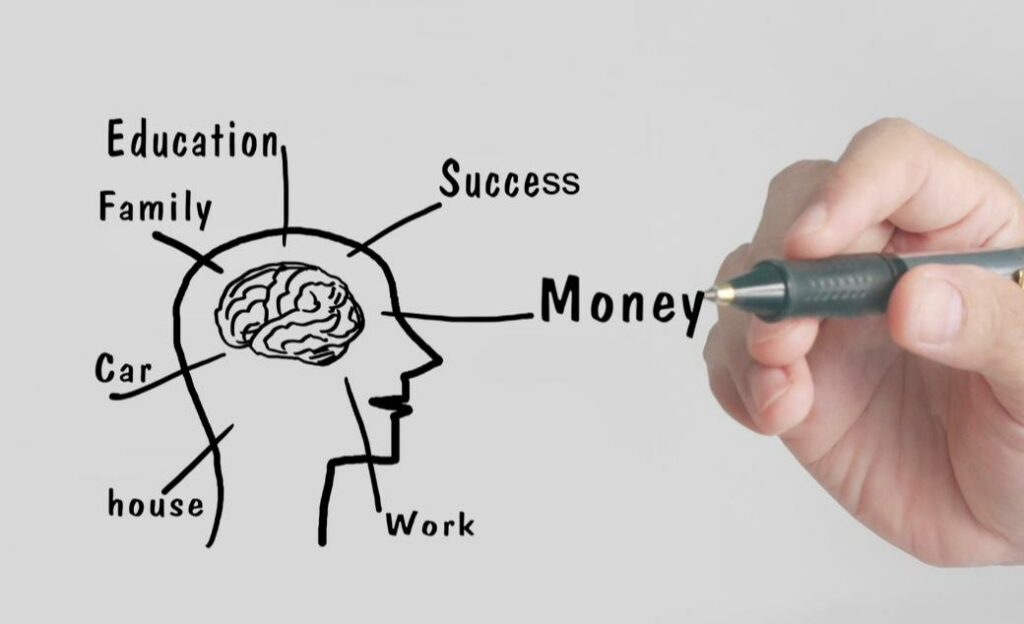Neuroeducation: an ally of learning
published on 16.02.22
Under the premise Integrating Neurosciences to classrooms towards higher-quality learnings, TBS in Barcelona hosted on the afternoon of February 15 a workshop on neuroeducation specially designed and directed to school counselors.

In order to create new teaching methods, study habits or educational models, TBS professor Edgar Sanchez, a neuroscientist (PH.D) with more than 20 years of experience, and member of the Harvard Business Review Advisory Board and the Scientific American (MIND) Audience Panel, shared his knowledge with counselors through a webinar.
In about an hour, Dr. Sanchez clearly explained the importance of neuroeducation when putting it into practice. Talking about a biological process, regarding the structures and functions of the brain, he mentioned the concepts of neural mechanisms, nerve reactions, brain electrical activity and connections among areas. At the same time, the psychological part was dealt with, where the field of the mind process, which encompasses memory, perceptions, decisions and language, was discussed.

While the brain may be considered the most important part of the human body, there is no way to forget the neuroeducation. This is the discipline that studies the functioning of the brain during the learning process, analyzing the development of the human brain and its reaction to stimuli, which will later be transformed into knowledge.
Brain Myth:
Hearing about the Mozart effect, for sure, is a fairly common theme, even more so if it is about something that “makes you smarter“. This myth shares the idea that if children or even babies listen to music composed by Mozart they will become smarter. This has generated the creation of several products that allow you to enjoy the power of Mozart’s music, but when it comes to scientific evidence, Edgar Sanchez explains it this way:

This means that stimulating music causes the brain to become active and alert, secreting dopamine, a neurohormone from the hypothalamus that can benefit certain functions within a learning process, related to motor activity or attention.
Thanks to his knowledge and great experience in the field of neuroeducation, Edgar Sanchez allowed students and teachers to better understand how the human brain works during thier learning process, clearing their doubts and curiosities.
